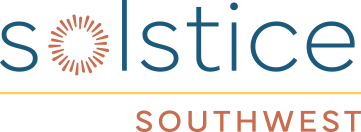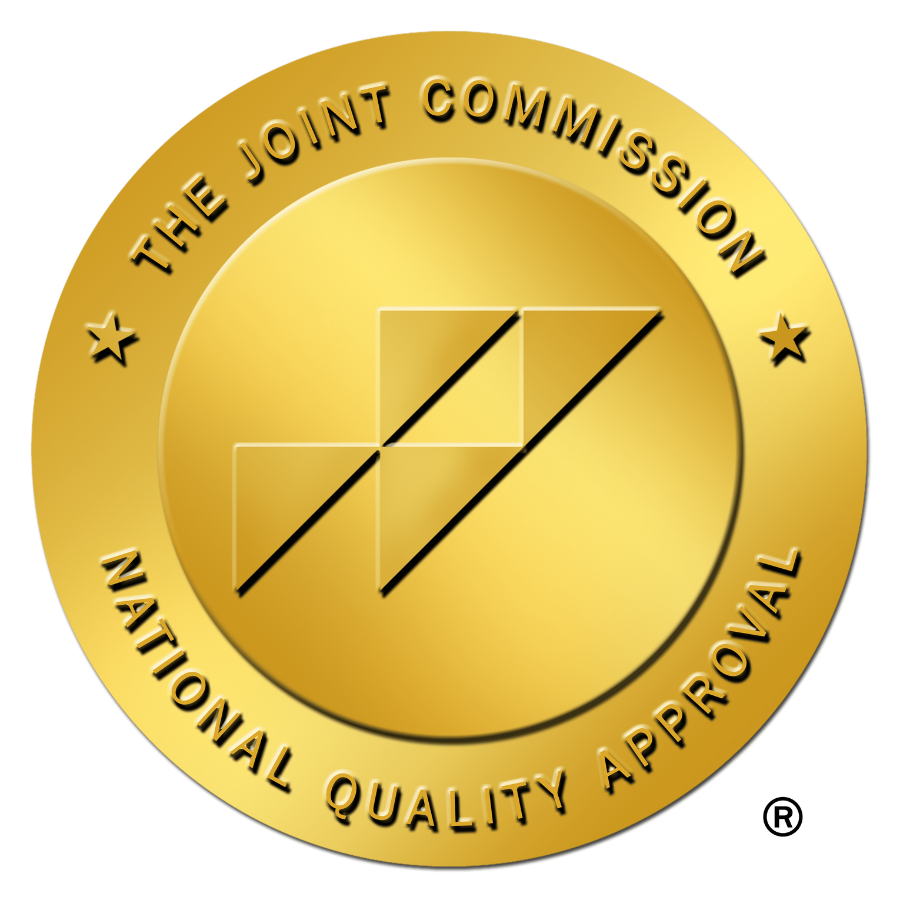Detox

Ambulatory detox is accessible to patients who are in our Supportive Living and Residential Treatment.
To eliminate drugs and/or alcohol from the body in the safest and most effective manner for the patient, we have created protocols that help you stay comfortable while you learn how to exercise recovery skills immediately. Detox is not formally considered treatment, as treatment works to identify the underlying triggers and behaviors associated with the substance use disorder. However, Solstice Southwest takes a tailored approach, to help you providers find appropriate and adaptable coping strategies to help with triggers, cues, urges and cravings.
Integrative Detox - What Sets Us Apart
Integrative detox means that we look at the whole person and the whole picture for this care. The medical team incorporates your possible comorbidities, possible associated psychological concerns, and utilizes supplements and holistic treatments to facilitate your medical treatment. Comfort medications and psychiatric medications may also be incorporated based on your needs and preferences. The clinical team also work with you to incorporate skills to support your nervous system, your mindset, and utilizes your support system in the process as well.
The three primary focuses in your detox care is:
- Safety - ensuring you are safely detoxifying from the substance at hand. Some detox processes can be life threatening if not medically managed so receiving detox in a structured and secure environment is critical. Safety also means providing you with basic skills to keep yourself safe.
- Self Care - Personal care, hygiene, nutrition, hydration, sleep, and ensuring that your basic needs are met are essential building blocks to help you stabilize, feel more whole, and start developing self efficacy (the belief that you can fully meet your own needs).
- Skills - Life skills, coping skills, and Solstice’s proprietary 13 skills are gently incorporated into the detox process to help you or your loved one learn how to understand what drives the addiction and how to gain lifelong tools to prevent relapse. Skills for addiction aren’t complicated, but take time, practice, and repetition.
Aftercare planning and support system planning is also a part of detox care, which may include additional time in treatment. The approach is tailored to your needs, diagnosis, and risks. You and your body deserve to be treated with integrity, which means treating your whole self, in addition to the addiction-related symptoms.



